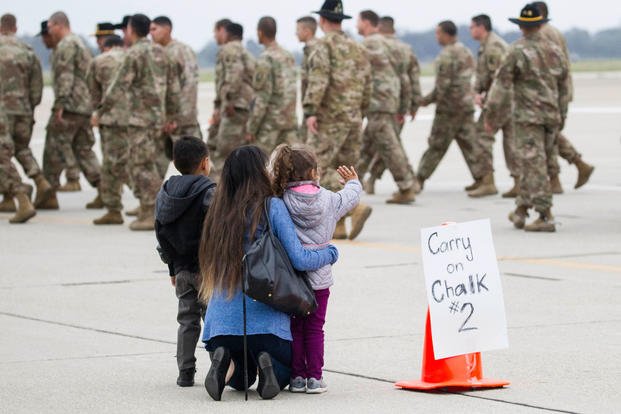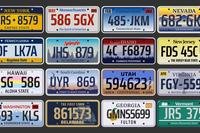There's plenty of financial hardships that come with deployment, especially if you have a family at home that needs to watch the pursestrings while you're deployed. Certainly auto insurance can be a major drain, especially when you're not driving your car while you're away.
Essentially, you have three options open to you while you're deployed -- continuing to pay your auto insurance, canceling your insurance, or suspending your insurance. Each option has its pros and cons.
Continuing to Pay Insurance
This is obviously the most expensive option of the three, and the biggest drain on your wallet. The advantage of this option is that most insurance companies use your payment history and evidence of continued coverage to determine rates and eligibility standards. In other words, if you maintain a good payment history and continued coverage while you're away, it may benefit you down the road with reduced rates and a better deal if you get new coverage or adjust your current coverage.
Canceling Your Insurance
If you're in a tight spot financially and you're either single or your family members have their own auto insurance coverage, you may decide to cancel your car insurance while you're deployed. Certainly this is the easiest option in terms of "no muss, no fuss," but it might not pay off in the long run - when you return and try to purchase a new policy, you may get quoted higher rates or are denied coverage altogether.
Canceling your insurance also leaves you open to potential disasters while you're away -- for example, if you cancel your insurance and put your car in storage while you're deployed, you're on the hook to pay for everything if something happens to your car.
Suspending Your Insurance
One attractive option that might be open to you is suspending your auto insurance while you are deployed. Not all states or insurance companies allow for coverage to be suspended, so before deployment be sure to check with your insurance company and state insurance department to get a handle on the specific laws and policy limitations for your situation.
Example of State Laws on Insurance:
Connecticut law requires all drivers in the state to have a minimum amount of liability coverage, which protects others in the event that you or someone driving your car causes an accident. To legally suspend liability coverage, you must demonstrate to your company that your vehicle will be stored in a place where no one can access it.
Here's some types of coverage that you may be able to suspended while you are deployed:
- Liability
- Collision
- Uninsured/underinsured motorist
- Medical payments and personal injury protection (PIP)
There are a few risks with suspending coverage -- you may not be covered for damage done to your vehicle due to weather, "Acts of God" (i.e. floods, fire, earthquake) or acts by another individual. If you want to protect against this, you will need to maintain "comprehensive" coverage while you're away.
Extra Tip:
If you're suspending or canceling coverage and your state insists on having insurance coverage for your vehicle, file an affidavit of non-use with your state’s Department of Motor Vehicles (DMV) to avoid being fined for failure to maintain insurance.
If you decide to keep your auto insurance while you're deployed, make sure you are getting the best coverage at the best price. Our auto insurance comparison tool can help.













